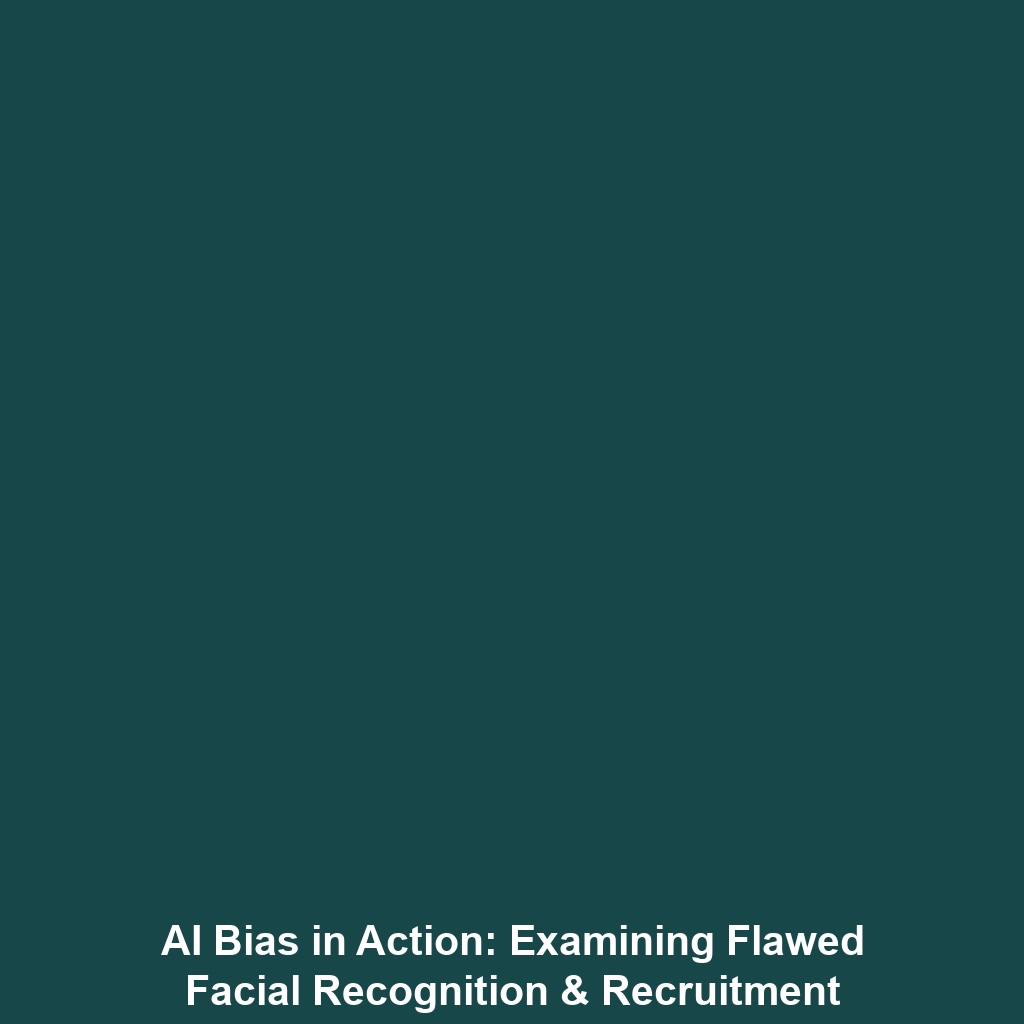How AI Enhances or Undermines Rights like Privacy, Freedom of Expression, and Equality
As artificial intelligence (AI) continues to permeate every aspect of our lives, understanding its implications on fundamental human rights such as privacy, freedom of expression, and equality has become increasingly significant. This topic is central to the field of AI Ethics and raises critical questions about the balance between technological advancement and the preservation of individual rights. In this article, we explore how AI can both enhance and undermine these rights, providing insights into the ethical challenges and opportunities presented by AI technologies.
Key Concepts in AI and Human Rights
To grasp the complexities surrounding AI’s influence on rights, it’s essential to understand several key concepts:
- Privacy: The ability of individuals to control their personal information and maintain confidentiality in an increasingly digital world.
- Freedom of Expression: The right to express ideas and opinions freely, without censorship or restraint, especially in online platforms.
- Equality: The principle that all individuals are treated fairly and without discrimination, particularly in algorithmic decision-making processes.
These concepts are integral to AI Ethics as they outline the rights affected by AI technologies and the necessity for careful ethical considerations to ensure that AI serves to protect rather than infringe upon these rights.
Applications and Real-World Uses
AI has been applied in various domains, impacting privacy, freedom of expression, and equality. Some notable instances include:
- Surveillance Systems: AI-driven facial recognition technologies enhance security but may infringe on privacy rights if misused.
- Content Moderation: Algorithms used by social media platforms influence freedom of expression by determining which content is visible or suppressed.
- Recruitment Tools: AI systems in hiring can promote equality by minimizing bias, but poorly designed algorithms can perpetuate existing prejudices.
The applications of AI in these contexts illustrate both the potential benefits and the ethical dilemmas associated with AI technologies.
Current Challenges in AI Ethics
Despite its transformative potential, the study and application of AI in relation to rights like privacy, freedom of expression, and equality face several challenges:
- Lack of Transparency: Many AI systems operate as “black boxes,” making it difficult to understand their decision-making processes.
- Data Privacy Concerns: The collection and use of personal data pose significant threats to individual privacy.
- Algorithmic Bias: AI systems can inadvertently replicate and amplify societal biases, affecting equality.
These challenges of AI highlight the critical need for robust ethical frameworks to govern the use and development of AI technologies.
Future Research and Innovations
Looking ahead, we anticipate several innovations and research areas that could shape the future of AI in relation to rights:
- Explainable AI: Research into making AI algorithms more transparent and understandable to users.
- Privacy-Enhancing Technologies: Innovations aimed at protecting user data while utilizing AI capabilities.
- Diversity in AI Development: Emphasizing the importance of diverse teams in AI design to mitigate bias and promote equality.
These breakthroughs could significantly impact AI Ethics and the interplay between AI technologies and human rights.
Conclusion
In conclusion, while AI holds the potential to enhance human rights like privacy, freedom of expression, and equality, it also poses significant ethical challenges that must be addressed. As we navigate the integration of AI into societal frameworks, ongoing dialogue and research will be crucial to ensuring that technological advancements do not compromise essential rights. For further insights, consider exploring related topics such as AI and Privacy Rights or Diversity in AI Development.

